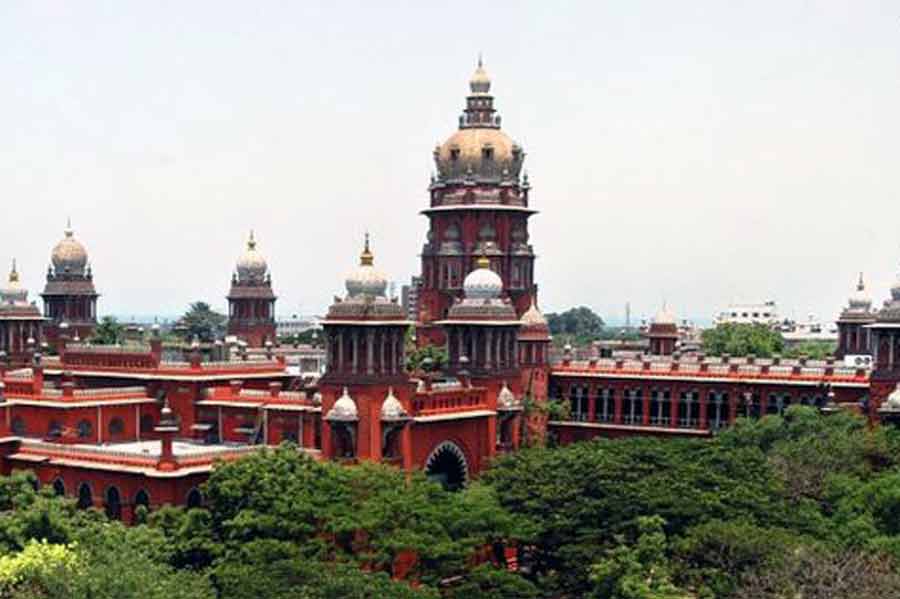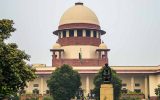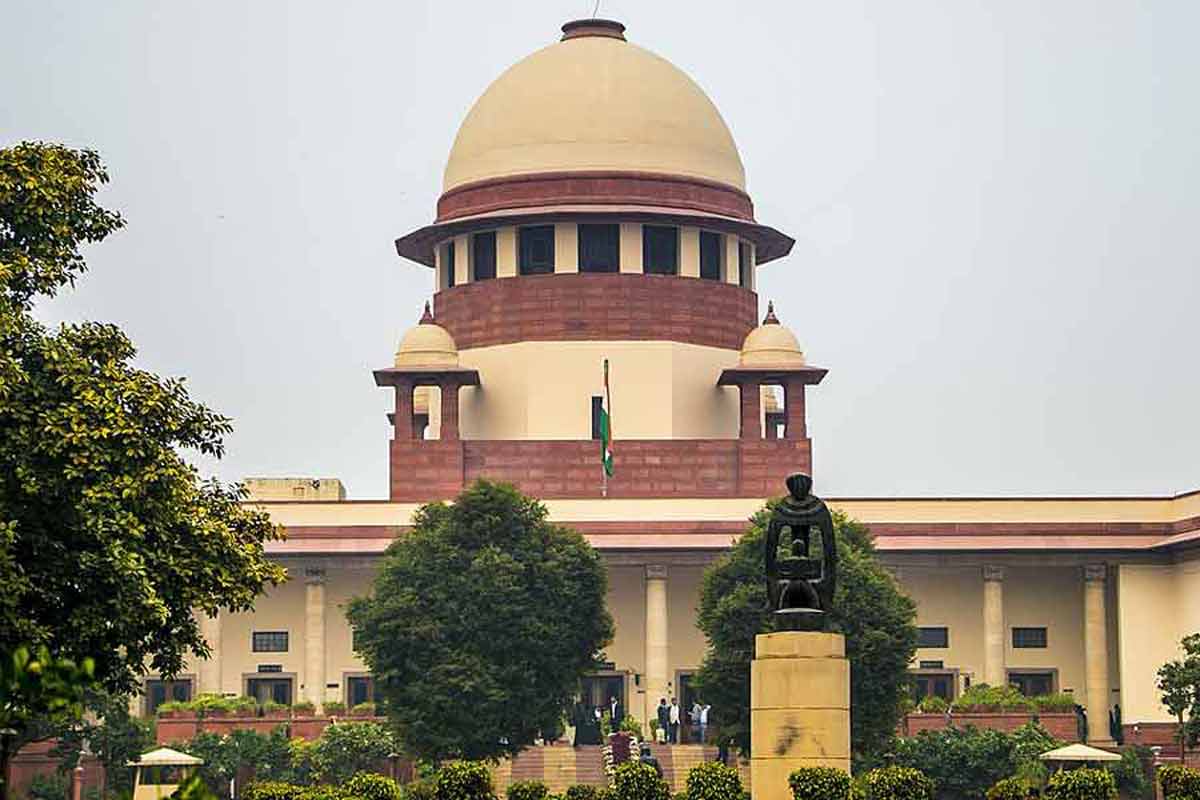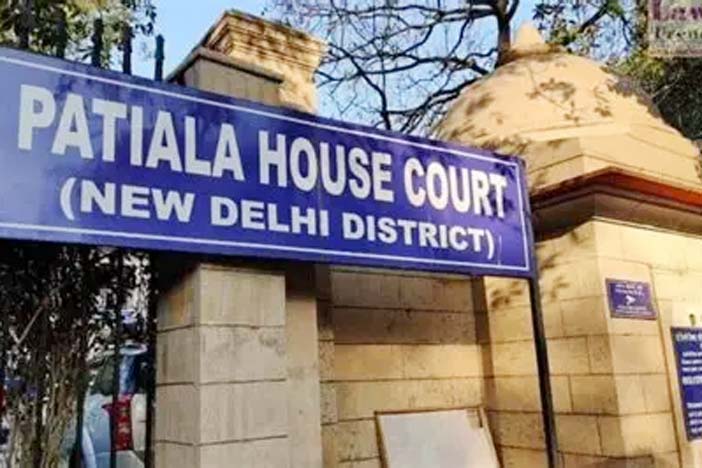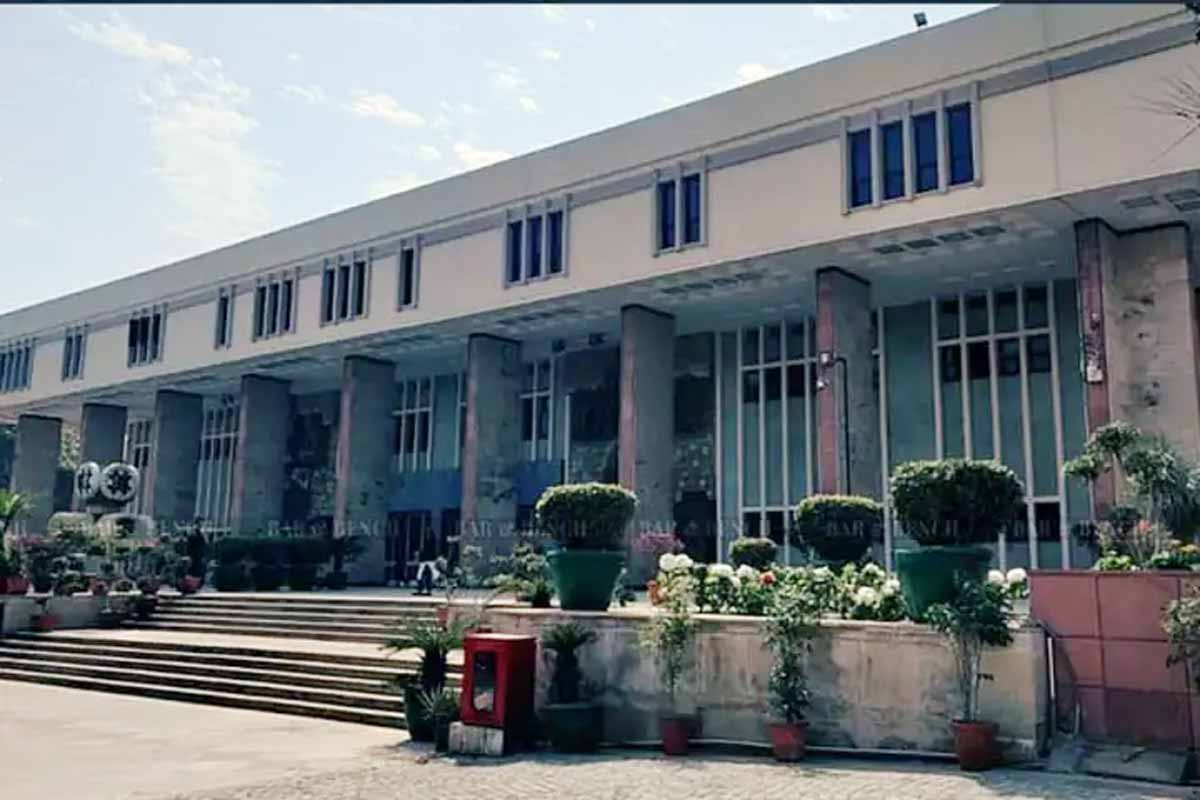Madras High Court Mandates Sweeping Reforms to Tackle Decades of Delay in Criminal Trials: Chennai, Tamil Nadu – In a significant move to overhaul the state’s criminal justice system, the Madras High Court has unveiled a series of directives aimed at tackling two critical issues that have contributed to years-long delays: the tardy filing of chargesheets and the widespread failure to execute non-bailable warrants (NBWs). The court’s order, issued by Justice P. Velmurugan, comes in response to a backlog that has seen criminal cases languish and, in some instances, justice altogether denied.
The scale of the problem is staggering. According to the court’s findings, over 61,000 non-bailable warrants have remained unexecuted in Tamil Nadu between 1985 and 2024. This shocking statistic, highlighted in the case of A Paulraj v. State, paints a picture of a system where a significant number of accused individuals are able to evade due process with impunity.
According to a report, Justice Velmurugan expressed deep dismay at the systemic failures, which he said “undermine public confidence” and “send a dangerous signal to the accused.” He emphasized that both the police and the judiciary share a “joint institutional responsibility to deliver justice,” particularly to “poor and voiceless complainants.”
The court’s directives focus on two key areas of reform, addressing both procedural lapses by trial courts and operational failures by law enforcement.
READ: Hanwha Ocean Opens India Global Engineering Center in Delhi-NCR
A New Mandate for Chargesheets
A central issue identified by the court is the persistent delay by trial judges in taking chargesheets on file after they have been submitted by the police. Justice Velmurugan noted that such delays reflect a “lack of seriousness” and have forced litigants to repeatedly approach the High Court for relief.
To address this, the Madras High Court has now issued a clear mandate: all chargesheets or final reports submitted to magistrates must be taken on file “forthwith,” and “necessary follow-up action should be initiated without undue delay.” The court was unequivocal, stating that “no case shall remain at the stage of ‘charge sheet filed but not taken on file,’ as such procedural stagnation defeats the very object of fair and timely administration of criminal justice.”
Recognizing the complexities of a modern court system, the court also tackled a specific administrative hurdle. It was noted that in combined trial court complexes, e-filed chargesheets are not properly segregated, leading to manual verification by judicial officers and further delays. In a move toward modernization, Justice Velmurugan has directed the Registrar (IT-cum-Statistics) to convene a meeting with judicial and administrative staff to develop a mechanism for the automatic routing and identification of e-filed chargesheets.
Furthermore, the court took aim at irregularities in how police file chargesheets, which are sometimes incomplete, incorrectly formatted, or filed with courts lacking jurisdiction. The Director General of Police (DGP) has been instructed to ensure that all investigating agencies “strictly adhere to the prescribed procedure and format” and has been asked to implement structured training sessions on these matters.
READ: Wilmar Acquires 20% Stake in AWL Agri Business from Adani for Rs 7150 Crores
Holding the Line on Unexecuted Non-Bailable Warrants (NBWs)
The court’s most troubling finding was the sheer number of unexecuted non-bailable warrants. Justice Velmurugan described the situation as a “serious lapse in the functioning of the enforcement machinery,” which encourages accused persons to “evade the law with impunity.”
To rectify this, the court is implementing a stringent monitoring and accountability framework. A nodal officer has been appointed to oversee and inspect subordinate courts across Tamil Nadu. This officer will be tasked with verifying a range of crucial aspects, including whether trial courts are properly maintaining registers for NBWs and case properties, and whether judicial officers and staff are complying with procedures for seized properties.
READ: Uttarakhand Panchayat Election: High Court Stays EC Move Allowing Candidates on Multiple Voter Rolls
The nodal officer’s mandate is comprehensive. They are required to file district-wise interim reports with the Registrar General and, within one year, a “comprehensive report” to the High Court. This final report will serve as the basis for potential administrative or disciplinary action against any judicial officer, court staff, or authority found to have “neglected or binding directions issued by the Supreme Court and the High Court.”
The court has signaled its determination to see these changes through by stating it will take up the matter again in three months to assess compliance with its directives. The move has been hailed by legal experts as a much-needed push for accountability and efficiency in the criminal justice system. While the challenges are immense, the Madras High Court’s clear and detailed plan offers a blueprint for how a broken system can begin to repair itself.
READ: CJI BR Gavai Cautions Law Students Against Foreign LLMs by Taking Heavy Loans


